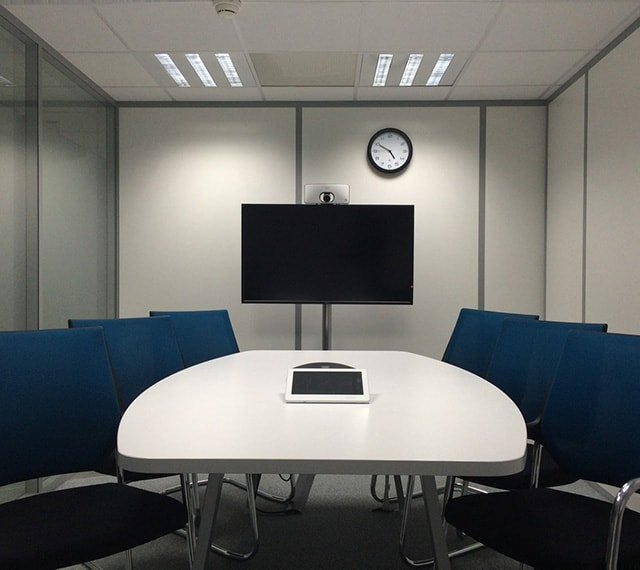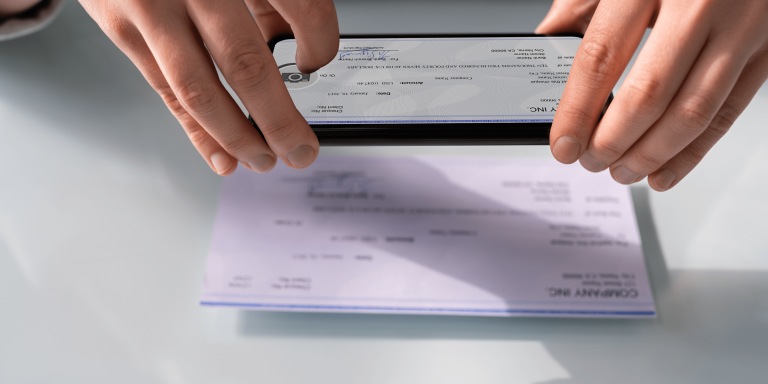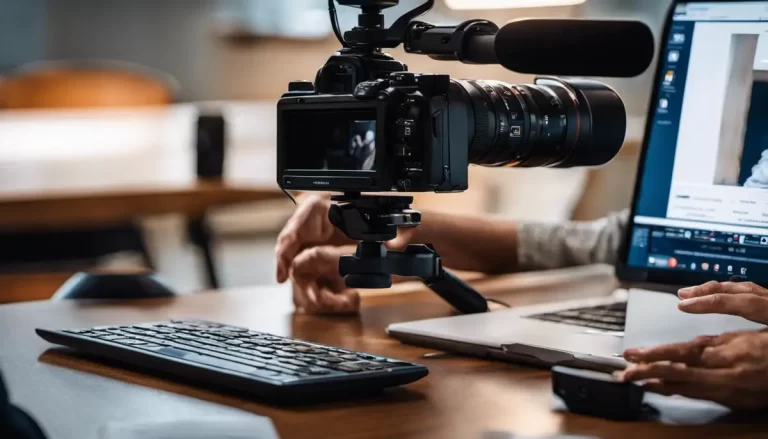The popularity of remote legal depositions has taken off completely in recent years and revolutionized what court reporters, as well as attorneys, do. In other words, remote legal depositions are depositions created through online video conferencing. This allows all the parties involved, such as attorneys, witnesses, and court reporters to participate in the deposition from various locations.
Remote legal depositions are relatively very straightforward. By means of a secure video conferencing system, an attorney can communicate with the court reporter both seeing and hearing each other. The witness is usually involved in the video conference at a location besides their own home or business. To have a reliable account of the testimony, the court reporter transcribes it as normally is.
Advantages of Remote Legal Depositions
One of the biggest advantages that remote legal depositions offer is the significant cost savings. In face-to-face depositions, lawyers often need to spend their own money on trips, accommodation, and meals. Depositions conducted remotely either eliminate these expenses entirely or can reduce them significantly, which allows law firms to put their resources to better use.
Remote depositions not only provide cost savings, but they also save a lot of time. The era of waiting the entire day at deposition sites, which can be very tiring even from another state or city to attend depositions, is over for attorneys. The use of remote depositions allows the lawyers to conduct several depositions in a single day from the comfort of their office.

To help make the proceedings more accessible to all parties, remote legal depositions can be done. However, if the witnesses find traveling difficult due to some health issues or any other reasons, then they can do so from their homes by taking depositions. This satisfies all their special requirements, ensuring that the testimony is appropriately compiled.
Challenges of Remote Legal Depositions
Even though remote legal deposition has many advantages, there are also disadvantages as well. Technical problems are one of the major challenges that we face. Technical problems including poor internet speed, and possible hiccups with the audio and video can hamper the functionality of the deposition process by limiting effective communication between both parties. To minimize these challenges, it is vital that all the individuals involved have the right equipment and also reliable internet connections.
Security is another big problem with remote legal depositions. Confidentiality is paramount for the legal profession, while distant depositions are always bound to allow private information leakages or access without authorization. Secure video conferencing services and ensuring the confidentiality of depositions are very important not only for court reporters but also for legal professionals.
Another challenge encountered in the practice of remote depositions is that there lack of physical contact. In the traditional in-person deposition, lawyers may make use of many nonverbal cues and body language to support their determination as to whether a witness is credible. These visual cues may be very limited or can also be modified in distant depositions and this change can really challenge the effectiveness of a deposition.
The Impact of Remote Legal Depositions on the Legal Industry
As a result, the legal sector as an entirety has been significantly affected by the rise of remote legal deposition. Remote depositions have gained popularity rapidly as more and more law firms adopt this unique method of conducting the deposition process to reap its benefits. This shift has brought about many aspects of legal practice.
A major transition here is with the court reporters. Remote depositions eliminated the need for a court reporter to be physically present at the site of the deposition. Otherwise, they can interview eyewitnesses live via a remote connection. Because of this, court reporters now enjoy better opportunities as they can handle depositions from multiple jurisdictions and expand their market share.
Remote depositions have also required the attorneys to change their pre-deposition practices. In live depositions, the lawyers regularly refer to hard-copy papers and exhibits. Those conducting remote depositions must ensure that all the necessary papers are digitalized and can be easily retrieved during a video conference. This transformation has made lawyers adapt to the technology and devise new methods of collecting and disseminating evidence remotely.
Future of Remote Legal Depositions
Remote court depositions seem to have a positive future as their popularity is expected to continue to rise. As technology advances, video conferencing platforms will also increase as well to make remote depositions much more efficient and flawless. This will encourage legal firms to constantly practice this method.
Technological advances will also lead to hybrid depositions, whereby some participants take part remotely while others are in physical attendance. This hybrid strategy combines the benefits posed by remote depositions such as convenience and cost savings with in-person interactions enhancing its effectiveness.
Best Practices for Conducting Remote Legal Depositions
Adherence to best practices is essential for successful distant legal depositions. For this reason, it’s necessary for both the parties to have good preparation as they should check on their equipment and get familiar with the video conferencing platform in advance. This will enable the detection of any technical problems and provide time for troubleshooting.
Dependable deposition requires a good qualitative technical framework. To minimize the distractions, participants should be provided with places where it is quiet enough so they will use high-quality audio and video equipment as well as a fast internet connection. It is just as necessary to have backup preparations should the deposition be interrupted due to any technical troubles.

A crucial element of the entire process is steady communication with all the stakeholders involved. Therefore, lawyers should ensure that the witnesses are well acquainted with the particularities of the deposition process and learn how to operate video conferencing tools effectively. It is also important to ensure that the lawyers and court reporters remain connected to respond if any problems or questions arise while the deposition proceeds.
Remote Legal Depositions as the New Normal in the Legal Industry
In the end, having so many benefits and a revolution in how lawyers run their work is demonstrated by remote legal depositions that are now considered to be an industry standard when it comes to conducting litigation. Remote depositions are a much better option for legal firms as they save a lot of time, and money and also make the acquisition of evidence more convenient.
While of course there are many problems associated with remote depositions, such as technical issues and security concerns that come from not being able to experience an in-person connection by the deposition attendees, these can be minimized if enough planning is done ahead of time or best practices are observed.










